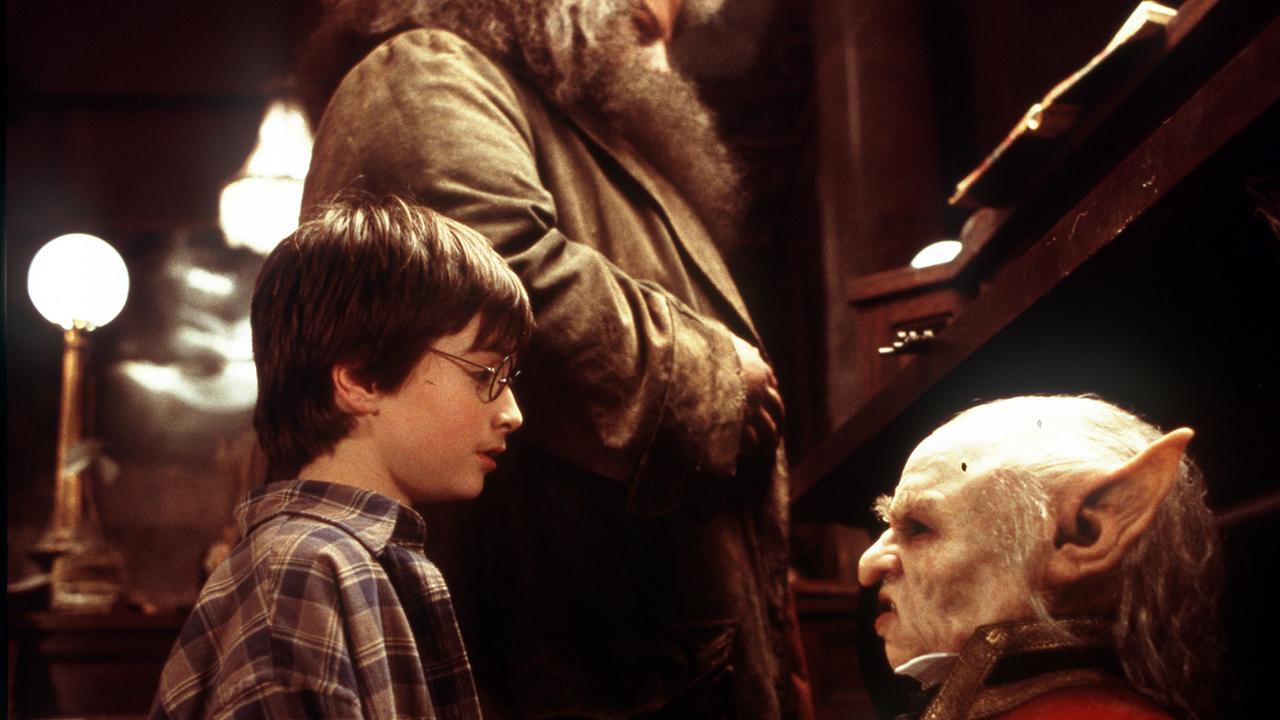Home-grown Hitchcock tapped the alternative genre
Richard Franklin Director. Born Melbourne, July 15, 1948. Died Melbourne, July 11, aged 58.
Richard Franklin Director. Born Melbourne, July 15, 1948. Died Melbourne, July 11, aged 58.
DIRECTOR Richard Franklin, known for Australian genre films such as Patrick and Roadgames, as well as the well-drawn literary dramas Hotel Sorrento and Brilliant Lies, died of prostate cancer in Melbourne last week.
"He kept his illness reasonably quiet," says his friend, director Mark Hartley, who had recently interviewed him at his home for a documentary feature, Not Quite Hollywood, a celebration of Australian genre film-making. "He said he didn't want people ringing to make their peace with him."
Born in Melbourne, Franklin got his start early. In what he called his garage days in the late 1950s, he directed homemade versions of Graham Kennedy's In Melbourne Tonight in his East Brighton back yard with a cardboard-cutout camera. At 10 he graduated to 8mm movies using a neighbour's camera.
A lifelong love for the works of Alfred Hitchcock began at 12, when he saw Psycho. After watching it, he sneaked back into the cinema, seeing it five times in the same day.
After attending Haileybury College and playing drums in R&B band the Pink Finks with Ross Wilson and Ross Hannaford, he dropped out of an arts degree at Monash University and worked briefly with a Melbourne company making television commercials. "As a camera assistant I mostly swept floors," he said. As there was no film industry and no film school in Australia, the dogged Franklin began to write overseas and was accepted at the film school of the University of Southern California in 1967. ("His mother persuaded his father into supporting him," says Franklin's second wife, Jennifer Hadden.)
George Lucas, Robert Zemeckis and John Carpenter were classmates.
An irrepressible student, Franklin helped organise a Hitchcock retrospective and wrote to the director for permission to screen the Technicolor version of Vertigo.
Franklin was astounded to receive a phone call. "Good morning, Mr Franklin," Hitchcock said in his unmistakable lisping cadence. He agreed to attend the festival and talk with the students.
Two years later, in 1969, Hitchcock invited Franklin to the set of Topaz. After Hitchcock's death in 1980, Franklin made the acclaimed sequel to Psycho.
"Richard was not a lone wolf in subscribing to the belief that Hitchcock is the greatest director that cinema has thrown up," says producer Tony Ginnane, who made several films with Franklin in the 1970s. "However, he was able, within the context of the Australian industry, to translate what he thought about the way Hitchcock made movies, and saw life, into a thread that ran through his own work."
Franklin returned to Australia at the same time Bruce Beresford and Tim Burstall developed the local film industry with so-called ocker films Stork, The Adventures of Barry McKenzie and Alvin Purple.
"Whereas so many in the local film community were disparaging these films as puerile, commercial constructs that harmed Australia's international cultural profile, Richard embraced our own key on-screen values and storytelling techniques," recalls producer and distributor Alan Finney.
Franklin initially found his way to the rat maze of cubby-hole offices, sound stages and recording studios of Crawford Productions, like so many other talented, precocious and untrained film enthusiasts.
He directed 13 episodes of Homicide. "They all began with a murder and ended with a car chase," he often said, and not dismissively: he was always obsessed with the formulas of popular film-making.
He then tried his hand at the "R-certificate exploitation genre" in 1975 with an adaptation of the bawdy poem Eskimo Nell, with Alvin Purple writer Alan Hopgood.
"He was to be applauded for being among the pioneers, though late in the bunch," Hopgood says.
"Eskimo Nell was a bit strange, something that amused him in retrospect."
After Eskimo Nell, a box office and critical failure, the tenacious Franklin followed with the Hitchcock pastiche Patrick (1978), the first of four psychological thriller collaborations with writer Everett de Roche. "Our films don't even get on the top 10 of the worst films, they are just ignored completely," de Roche says. Their road movie-thriller Roadgames (1981), in which a young Jamie Lee Curtis played a hitchhiker called Hitch, was critically and financially successful. At the time, it was the most expensive Australian movie made.
"Patrick and Roadgames are so littered with things Hitchcockian that they make Quentin Tarantino's homages to other directors look positively lightweight," Ginnane says.
Franklin made his mark in Hollywood with clever and stylistically innovative movies, some nostalgic meditations on genre, but he said he tired of Hollywood committees and the increasingly ubiquitous test-screening process. He returned to Australia in the early '90s determined to prove he could do what other local directors were noted for: classy, intelligent, performance-driven pieces based on Australian material. But, as Ginnane writes, "the critics couldn't completely stop jabbing and he wasn't old enough to stare down the younger bureaucrats".
Hartley says Franklin's early career was lumbered with what the director called "attitudes of cultural exactitude". He was always battling with government film bodies about how many gum trees should be in a scene to make it Australian.
"But he was one of our few filmmakers to cross all international boundaries in terms of film markets," Hartley says.
"He was at the centre of the alternative story of Australian film."
In recent years he turned to teaching, lecturing at the Swinburne School of Film and Television, and working on his memoirs.
Two weeks ago Hartley asked Franklin how the film industry might remember him. "Very begrudgingly: they would probably say I was a half-decent craftsman," he said.
He is survived by Hadden and three children. A memorial service will be held on Friday at 2pm at St Andrew's Church, Brighton, Melbourne.



